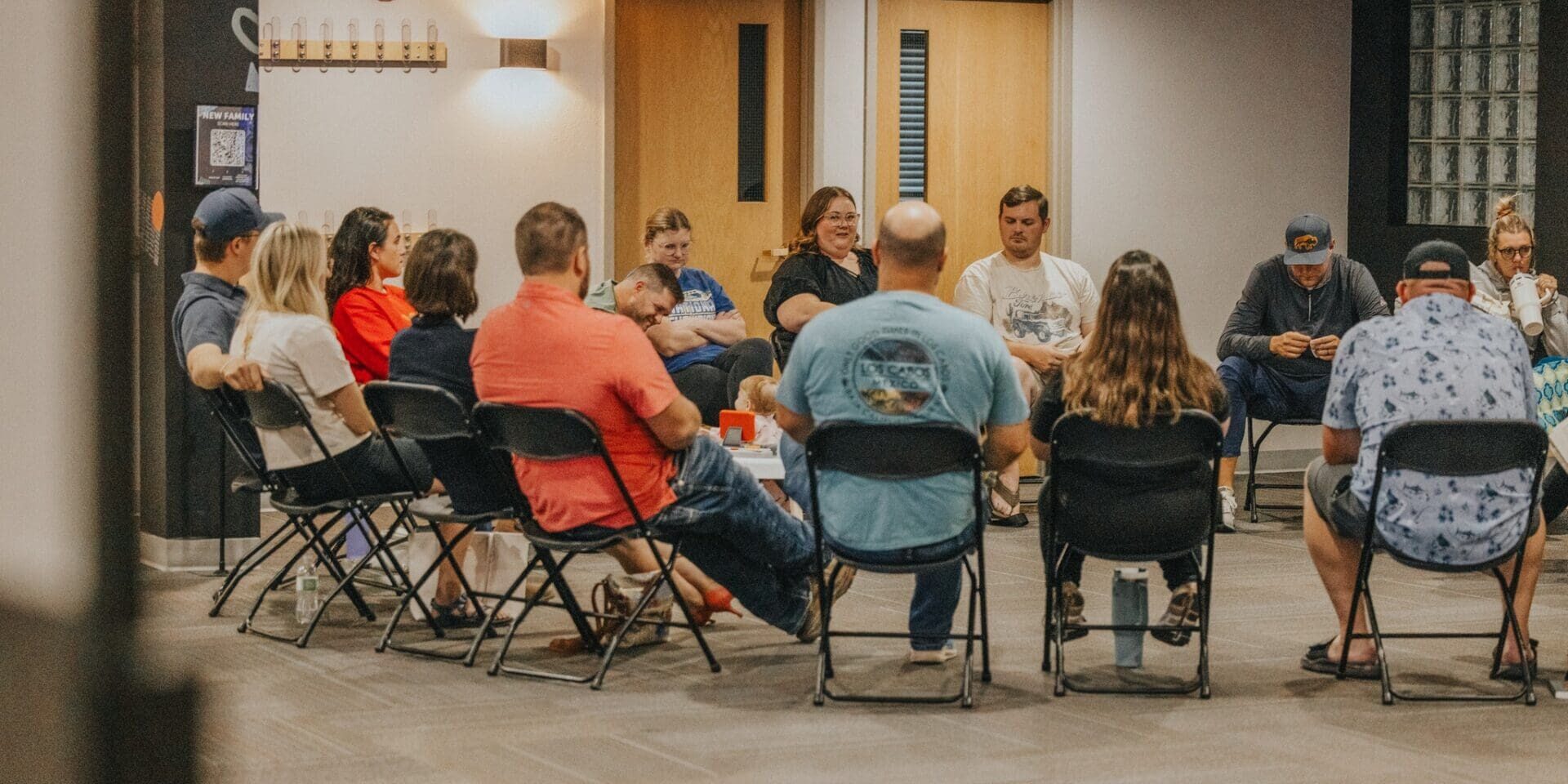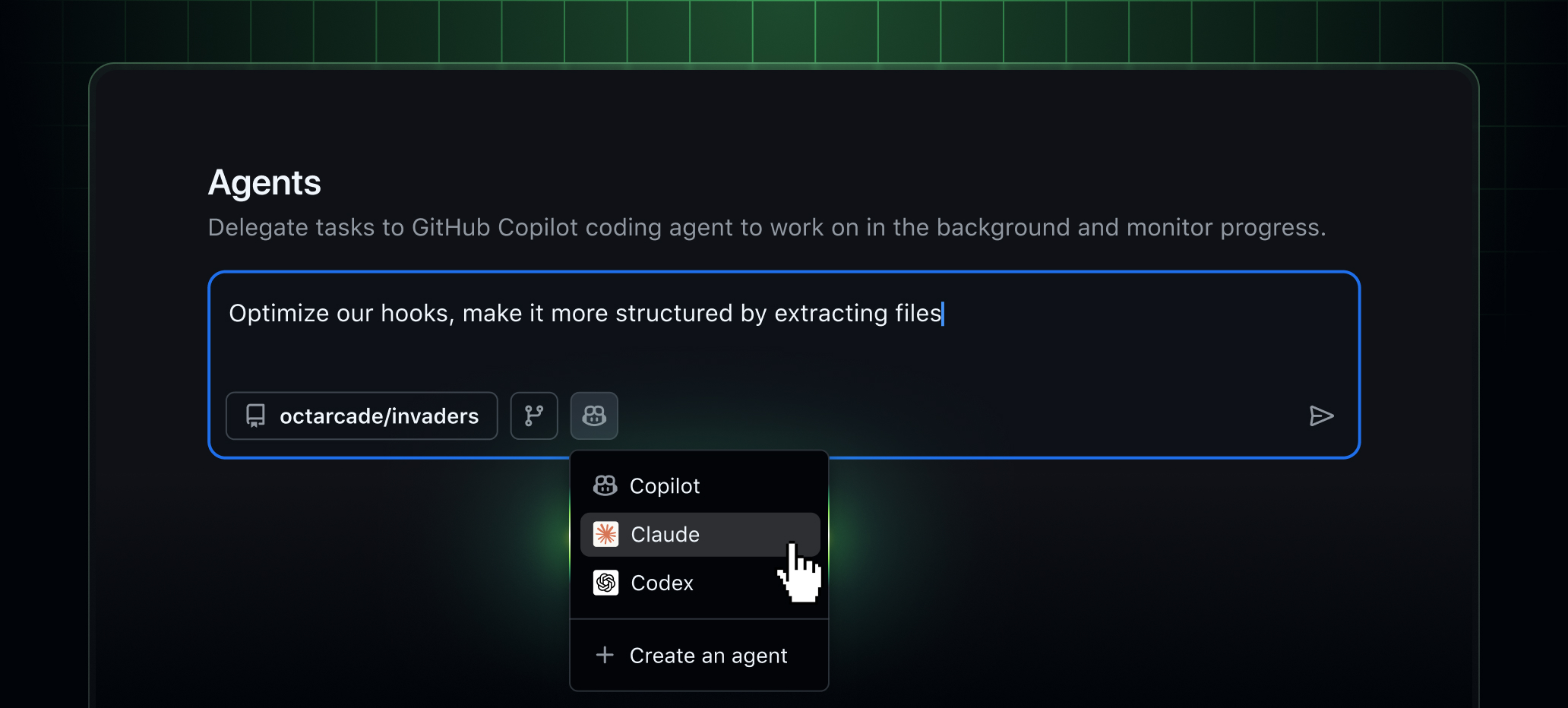Oct. 5, 2025
A couple of years ago, I interviewed Adam Weber for what might have seemed a misnomer given his role as a lead pastor: our CEO Series.
But I thought it was appropriate because in Weber, founder and lead pastor at Embrace Church, I very much see the characteristics of a successful, entrepreneurial business leader, albeit one who happens to lead a church.
You can see that conversation here:
CEO Series: Adam Weber
And if you do watch it, it likely will come as no surprise that Embrace has continued to grow since we sat down in 2023.
Last week, we ran a story on how the nondenominational church, which has three physical campuses in the Sioux Falls area, ranked No. 17 on Outreach Magazine’s 100 Fastest-Growing Churches in America in 2025.
At the time of the report, Embrace had grown attendance by 26 percent since last fall, averaging 4,131 each Sunday. Weber shared that last week it was more like 5,000.
I was especially intrigued by how the church has grown its youth programs, where attendance among high school students is up 50 percent over last year, and the teens often are driving attendance at services for their households.
“It’s been insane what’s happening,” Weber agreed, adding that his own daughter returns home from Wednesday night services excited to tell him about what’s happening there.
It all made me reluctant to even ask the next question — but I think also made it all the more applicable.
“I almost hate to even go here, but I tried to figure this out and couldn’t,” I told Weber. “Politically, where is Embrace? Would you consider yourself a conservative congregation? A progressive one? Where do you fall?”
Because, at least to me, it can feel more and more like the line between church and state blurs quite a bit. So I figured I might as well see where the population seems to be trending.
“No, I love this question,” Weber said with a laugh.
” A couple elections ago, someone walked in the church and said, ‘We seem to be confused politically.’”
“What do you mean by that?” Weber responded.
“Have you seen the bumper stickers in the parking lot?” the person replied.
Weber had.
“We have bumper stickers, like the full spectrum politically,” he said, laughing. “Maybe there’s something to that.”
I think there is. And I think it’s maybe good news for your business too.
“For me, we don’t fit into a political party, and I think anytime the church has it’s not been a great thing for the church,” Weber said. “You pursue Jesus, and he will challenge you, regardless of where you are politically. He will challenge you all over the place.”
Likewise, “every time I talk politics, I try to challenge everybody,” Weber said. “If I’m going to step on one person’s toes, I’m going to try and step on everyone’s toes, and that’s what I love about Jesus. Every time I try to put him in a box, he destroys my box.”
Doesn’t it seem like, more and more, there’s a temptation to put people in one box or another often based on limited knowledge of who they are? Even me — asking, maybe assuming, the church is “somewhere” politically.
And the really good news, at least I think, is what Weber’s approach has proven. You can be extremely successful as an organization — even among the fastest-growing in the country — by taking an open-minded, inclusive approach and not aligning yourself on one side of the political spectrum.
I know of businesses that have struggled with this. Do you make a statement about something political or not? How do you address your employees, their viewpoints and how they choose to express them? I think it’s displaced energy that would be better funneled by leaving politics at the door and harnessing the approaches Embrace has taken. When you’re “confused” — politically or otherwise, you ask questions. You gain understanding. Maybe even empathy.
Weber credits the church’s growth to a number of factors — relatability being top of the list.
“I feel like we have so much more in common than we ever care to admit,” he said. “When people come, they always say, ‘I feel like you’re speaking directly to me.’”
Often, it’s people who appreciate knowing it’s OK that “they don’t have it all figured out,” he said.
There’s also an incredible sense of community built, whether it’s from a youth group like the one that is growing or the fact that Embrace regularly provides members with micro-grants for community projects. Members have built schools in Haiti, acted as safe spaces for families in need of emergency care for their children and regularly minister in prisons.
“I don’t want to just be part of a church that’s the holy huddle,” Weber said. “I want to be part of a church that makes a difference.”
These are proven universal human needs that carry into business too — the need to feel a part of something bigger than yourself, to feel understood and supported by community and to feel like what you do matters.
My fear is that the more politically polarized we allow communities or organizations of any kind to become, the more we create an artificial sense of meeting those needs while ultimately creating division. We need more of the approach Embrace is taking and has proven successful. A parking lot full of bumper stickers on both sides? That to me shows you’re doing something right.









